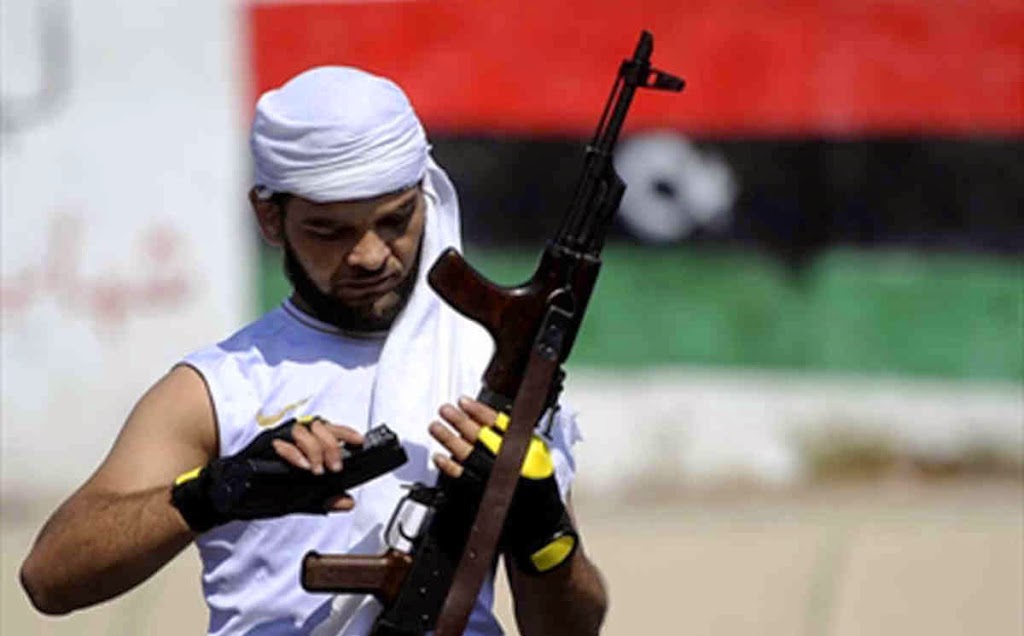I duri e sanguinosi scontri che stanno avvenendo da mesi fra le varie milizie in Libia, dove è presente anche lo Stato Islamico (ISIS), minaccia di inghiottire i paesi africani del Mediterraneo e del Sahel e deve essere rapidamente messo sotto controllo, ha avvertito un inviato delle Nazioni Unite.
Ethiopian diplomat Hiroute Guebre Sellassie told the Security Council that the humanitarian and security crises in the band of semi-arid land south of the Sahara desert were worsening, pointing to turmoil in Libya as a key factor.
“If the situation in Libya is not quickly brought under control, many states in the region could be destabilized in the near future,” said the UN envoy for the Sahel.
Libya has been sliding deeper into crisis, torn by rival governments and parliaments battling powerful militias, despite UN efforts to broker talks on ending the violence.
Last month, the Security Council added the Libyan group Ansar al-Sharia to its terror list over its links to al-Qaeda and for running training camps for ISIS militants sent to Syria and Iraq.
Guebre Sellassie said terrorist and criminal networks in Libya were developing closer ties to Mali and northern Nigeria, dealing in arms sales and drug trafficking among other illegal trade.
Close to 20,000 arms have poured into the Sahel from Libya and most of the 18 tonnes of cocaine, worth $1.25 billion, sent to West Africa transits through the region, she said.
Human trafficking is rife, with children making up 60 percent of the victims.
Moreover, acute malnutrition is on the rise, with 6.4 million people now suffering from food shortages, up from five million at the beginning of the year.
The number of people driven from their homes has doubled from 1.6 million in January to 3.3 million.
“We need to put a lot more effort to resolve the Libyan crisis that is threatening to destabilize the entire region,” the envoy told reporters after her meeting with the 15-member council.
“The longer the wait, the greater the chances are that we will have many more Mali-like crises,” she added.
Guebre Sellassie called for greater coordination from regional players in addressing security threats, including from Boko Haram, which has extended its operations from northern Nigeria to Chad, Niger and Cameroon.
“This has now become a regional concern,” she said.
Guebre Sellassie’s warnings come a day after the International Committee of the Red Cross said that fighting in Libya’s eastern city of Benghazi and in the west of the country has displaced tens of thousands since the summer and disrupted medical and health services.
Three years after a NATO-backed war ended Muammar Gaddafi’s one-man rule in 2011, Libya is struggling with instability as two rival administrations compete for power and warring armed factions skirmish for control of territory across the North African state.
Libya has had two governments and parliaments competing for legitimacy since an Islamist group called Fajr Libya (Libyan Dawn) seized Tripoli in August, installing its cabinet and forcing the recognized Prime Minister Abdullah al-Thani to the east.
Conflict forced tens of thousands to leave Benghazi and also caused frequent fuel, power and water shortages, increased food prices and damaged infrastructure.
Fierce clashes persist in second city Benghazi and west of the capital Tripoli between forces loyal to Thani’s government and the Islamist militias.
Source: al-akhbar



